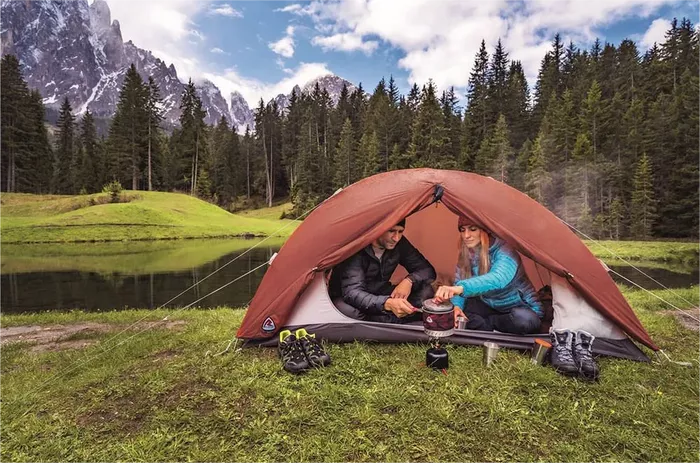In recent years, the popularity of dispersed camping has surged, with outdoor enthusiasts seeking solitude and adventure away from crowded campgrounds. However, questions about safety often arise, particularly for those new to this style of camping. Understanding the risks and how to mitigate them is essential for enjoying a safe and rewarding dispersed camping experience.
Understanding Dispersed Camping
Dispersed camping, also known as primitive camping or boondocking, involves camping outside of designated campgrounds on public lands. This form of camping allows for greater freedom and solitude, as campers can choose their own secluded spots within established guidelines set by land management agencies.
Unlike traditional campgrounds, dispersed camping areas typically lack amenities such as toilets, picnic tables, or fire rings. Campers must practice Leave No Trace principles, meaning they must pack out all waste and leave the site as they found it.
Understanding the Risks
While dispersed camping offers numerous benefits, it also presents specific risks that campers must consider. One primary concern is safety, encompassing various aspects such as wildlife encounters, weather conditions, and the potential remoteness of the camping location. In remote areas, access to emergency services may be limited, requiring campers to be self-reliant and well-prepared for emergencies. Moreover, dispersed camping lacks the infrastructure and amenities (like toilets and potable water) typically available at established campgrounds, necessitating careful planning and preparation.
Assessing Safety Concerns
Before embarking on a dispersed camping trip, it’s crucial to evaluate potential safety concerns and take appropriate precautions. Some common safety considerations include:
1. Wildlife Encounters: Dispersed camping often takes place in remote wilderness areas where encounters with wildlife are possible. Understanding the local wildlife and how to safely interact (or avoid) them is essential. Store food securely and follow guidelines to minimize the risk of attracting animals.
2. Navigation and Orientation: Remote locations may lack clear trails or signage, making navigation challenging. Carrying detailed maps, a compass or GPS device, and knowing how to use them is essential for finding your way back to your campsite.
3. Weather Conditions: Weather in wilderness areas can be unpredictable. Be prepared for sudden changes in temperature, rain, or storms by packing appropriate clothing, shelter, and emergency supplies.
4. Medical Emergencies: Access to emergency services may be limited in remote areas. Carrying a well-stocked first aid kit and knowing basic wilderness first aid can be life-saving in emergencies.
Safety Tips for Dispersed Camping
To ensure a safe and enjoyable dispersed camping experience, consider the following tips:
1. Research the Area: Before your trip, gather information about the specific area where you plan to camp. Learn about any local regulations, potential hazards, and wildlife.
2. Notify Someone of Your Plans: Inform a trusted friend or family member of your itinerary, including where you plan to camp and when you expect to return. This can be crucial in case of an emergency.
3. Pack Essentials: Bring adequate food, water, clothing, shelter, and emergency supplies. Consider the specific needs of the environment you’ll be camping in, such as extra layers for cold nights or a sunhat for hot days.
4. Practice Leave No Trace: Respect the natural environment by minimizing your impact. Pack out all trash, bury human waste properly, and avoid damaging vegetation.
5. Be Aware of Fire Safety: Check local fire regulations and use caution when building campfires. Ensure fires are fully extinguished before leaving them unattended.
6. Stay Alert and Trust Your Instincts: Remain vigilant and aware of your surroundings. If something feels unsafe, trust your instincts and relocate to a more secure location.
Benefits of Dispersed Camping
Despite the safety considerations, dispersed camping offers unique benefits that draw many outdoor enthusiasts:
1. Privacy and Solitude: Enjoy the freedom of choosing your campsite away from crowds, often in breathtaking natural settings.
2. Flexibility and Adventure: Explore remote areas and discover hidden gems off the beaten path.
3. Cost-Effective: Dispersed camping is often free or requires minimal fees compared to established campgrounds.
Conclusion
Dispersed camping can be a safe and rewarding way to connect with nature and experience the outdoors on a deeper level. By understanding and preparing for potential risks, respecting the environment, and practicing caution, campers can enjoy the freedom and adventure that dispersed camping offers while ensuring a safe and memorable experience in the great outdoors.

